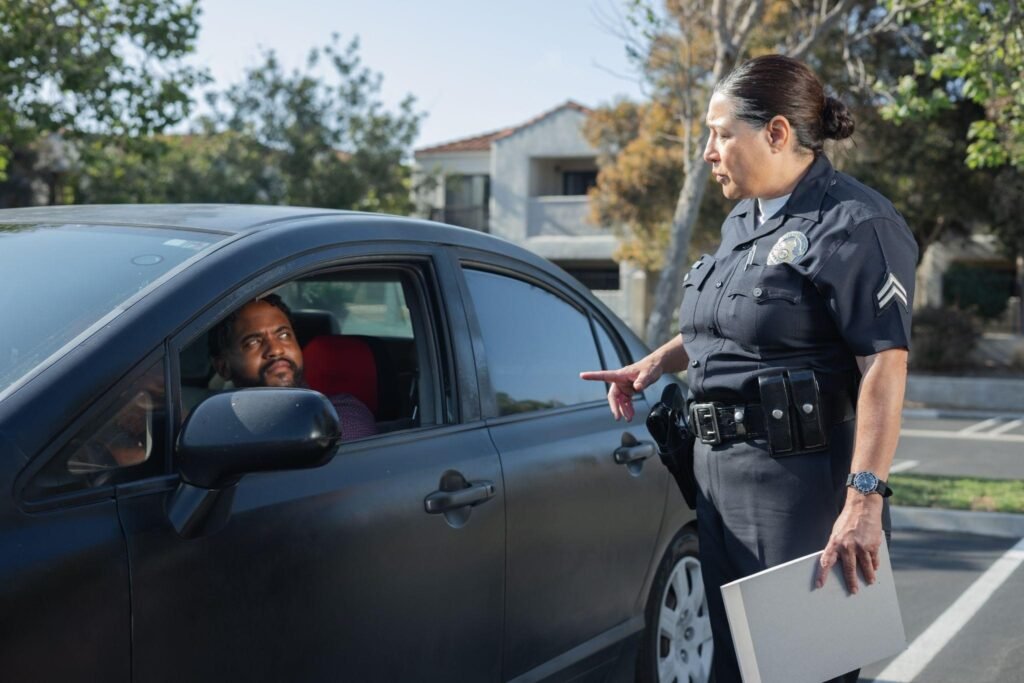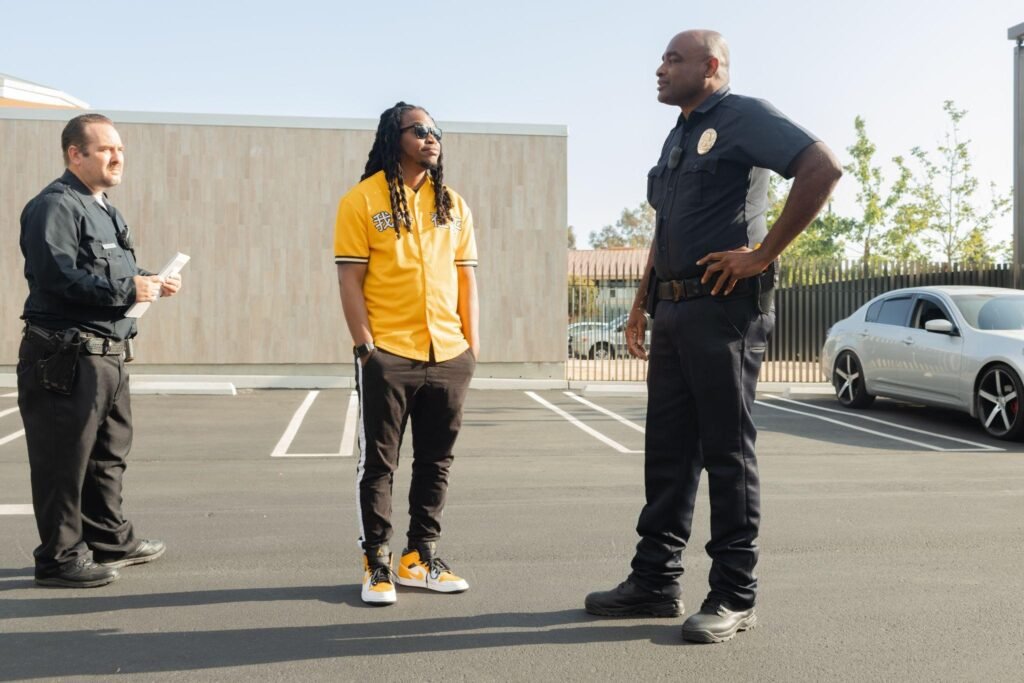A conviction for driving under the influence of alcohol or drugs may have a significant impact on a person’s life. If a person is found guilty, they may have to pay substantial penalties, have their driving privileges revoked, and perhaps serve time in prison.
A conviction for driving under the influence puts a person’s job in peril, in addition to the implications that have been stated above. If you are being accused of driving under the influence, now is the time to consult with an experienced criminal defense attorney.
The Importance of Hiring an Experienced Lawyer
Many individuals, when confronted with DUI accusations, incorrectly believe that they cannot defend themselves against the allegations. However, Attorney Nathan J. Dineen has a great deal of experience in this area and can assist you. In a case involving a DUI, there are, in point of fact, a variety of different defense methods that one may use.
In the first place, evidence may be ruled inadmissible in court if the police failed to properly document the collection or storage of the evidence. If a police officer, for example, compels a suspect to submit to chemical testing, that officer is violating the suspect’s constitutionally protected right to decline such tests.
Any evidence obtained through testimony or comments made after the arrest is likely to be deemed as inadmissible if a law enforcement agency fails to give the detained person their Miranda warnings.
In other situations, a lawyer may challenge the procedure followed by the police department prior to the traffic stop. For example, if the law enforcement officer that pulled you over did not have a valid justification to do so, they have broken the law. When a motorist is stopped, it is because they have committed a traffic infraction, such as speeding, weaving between lanes, or failing to come to a complete stop.
To put it another way, a law enforcement officer is not permitted to pull someone over solely on the basis that they are the lone car on the road at an unusually late hour. It’s important to remember that a police officer can mistake a person’s health problems—like red eyes or slurred speech—for indicators of alcohol consumption. Get in touch with an experienced attorney if you want more information on the many possible defense methods.
Alternative defenses are used in court.
This indicates that they are not addressed to the Judge but rather submitted to a Jury when the case is brought before it.
Your attorney will, without fail, investigate and pursue every possible pretrial defense before resorting to trial defenses. After all, they will avoid putting you through the ordeal of a trial if they can guarantee a victory without it.
I was Stopped by the Police for No Apparent Reason
Controversial Legal Issue: Unlawful Search and Seizure
According to the Fourth Amendment, the law enforcement officers who pull you over are required to have a legitimate purpose for doing so. You have the right to contest the stop if he is unable to provide a reasonable explanation for it. Your case will have no choice but to be dropped by the State Attorney.
In order for a police officer to lawfully detain you, the officer has to have:
- a plausible suspicion that you have done, are committing, or are going to commit a crime (often driving while intoxicated in a DUI (https://en.wikipedia.org/wiki/Driving_under_the_influence) prosecution),
- Reasonable suspicion that you broke a traffic law while you were driving.
Other traffic offenses, on the other hand, are harder for the officer to show and are often strong candidates for applications to suppress evidence.
The police will not pull you over for failing to stay in your lane unless it is having a significant impact on traffic.
A windshield that is broken
The following actions are taken: Only in situations in which another vehicle will be impacted by the turn is the use of a turn signal legally required.
For instance, one of the most typical scenarios is a DUI police forcefully pulling over a car for crossing the yellow line only once. In his report, the officer says he stopped the motorist for “not staying in lane.” However, the officer does not comment on whether or not the driver’s action of crossing the yellow line had an effect on other vehicles on the road.

To put it simply, I was in a bad area, so the police officer pulled me over
It’s typical for police to stop people in “high crime” areas. On the other hand, the mere proximity of a person to a high-crime area is not sufficient to justify a lawful stop.
During the time that I was sleeping, the officer approached my vehicle for no apparent reason
A situation that is surprisingly prevalent in Florida DUI lawsuits is that of the motorist who was asleep. In court, defending a sleeping driver charge may be challenging, but there are typically viable pre-trial defenses. If the police stop you without cause, a DUI lawyer may petition to suppress evidence.
Detention? What exactly is that?
It is essential to make the distinction between a “detention” and a simple “consensual contact.” Keep in mind that the only time the police officer has broken the law is if he has detained you or restricted your mobility in any way. The following are some instances of interactions that involve only consent and are thus lawful under all circumstances:
- Requesting an “ID” from a citizen while he or she is seated in their vehicle
- keeping a close distance behind an automobile
- drawing near to a vehicle in a public setting
- Get in close proximity to a car in which the driver or passenger has rolled down the window willingly.
- Bring a patrol car to a stop next to a moving vehicle, leaving enough space between them for the moving vehicle to go either forwards or backward.
Take note of the somewhat more robust demonstration of force that qualifies as detention or seizure:
- Requesting that a motorist get out of a car
- Grabbing an automobile door and yanking it open
- The practice of parking a police car behind a moving vehicle in order to limit the driver’s escape options.
Keep reading. Thanks
